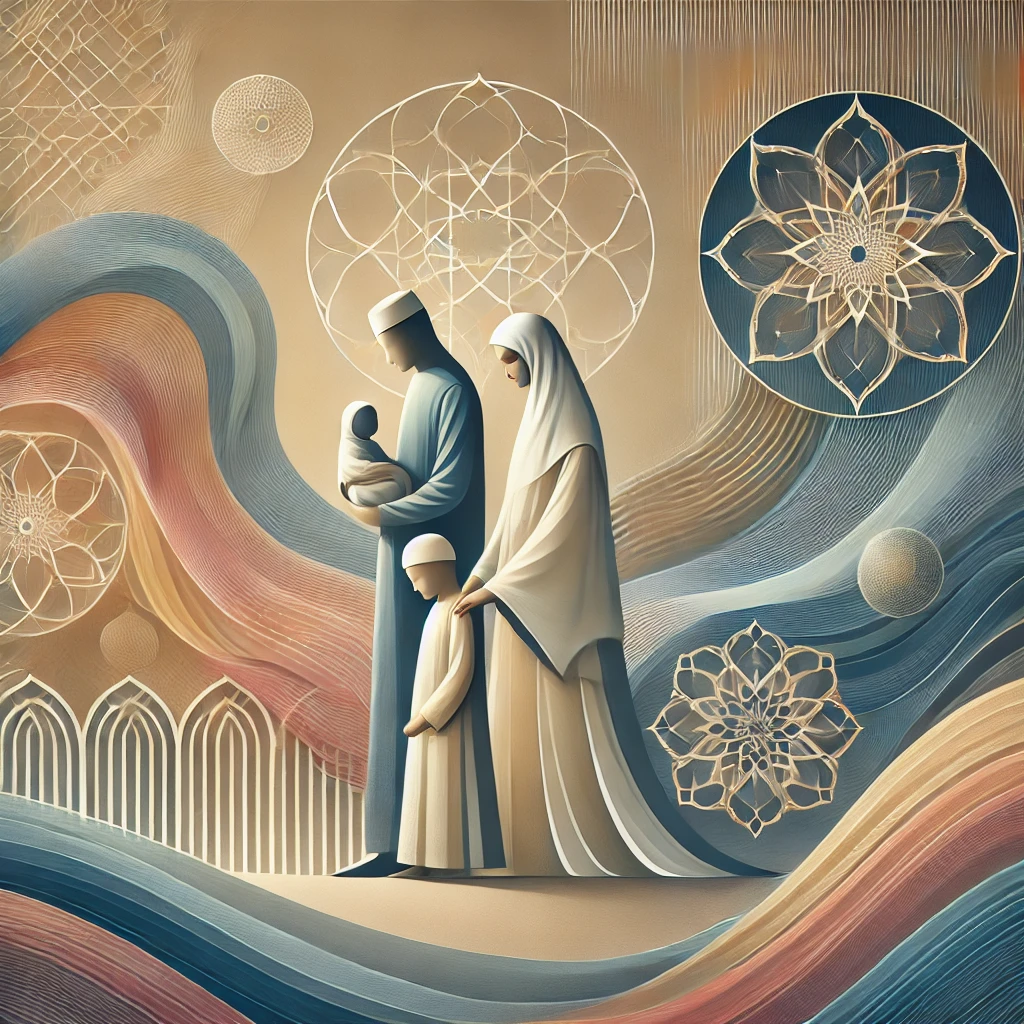One of the most beautiful and central teachings of the Quran is the emphasis on mercy and compassion. The Quran, as the final revelation from Allah, describes Allah as Ar-Rahman (The Most Merciful) and Ar-Rahim (The Most Compassionate). These names are repeatedly invoked by Muslims in their daily prayers and acts of worship, highlighting that Allah’s mercy is infinite and encompasses all of creation. Mercy and compassion are not just attributes of Allah; they are qualities that the Quran calls upon every believer to embody in their lives.
The Quran frequently reminds Muslims that Allah’s mercy is vast and ever-present. In Surah Al-A’raf, Allah says, “My mercy encompasses all things.” (Surah Al-A’raf, 7:156). This verse emphasizes that Allah’s mercy is limitless and that every creature in the universe is touched by it. Whether in moments of hardship or ease, believers are reminded to turn to Allah, trusting in His mercy and knowing that He forgives, provides, and protects. The Quran teaches that no sin is too great for Allah’s mercy, and those who sincerely repent and seek forgiveness will find their Lord merciful and kind.
The concept of mercy in the Quran is not limited to the relationship between Allah and His creation; it also extends to how humans are expected to treat one another. The Quran encourages kindness, forgiveness, and compassion in interpersonal relationships. Muslims are urged to forgive those who wrong them, to be patient with others, and to show kindness to all, including strangers, neighbors, and even enemies. In Surah Al-Imran, the Quran says, “And let them pardon and overlook. Would you not like that Allah should forgive you? And Allah is Forgiving and Merciful.” (Surah Al-Imran, 3:134). This verse highlights the importance of forgiveness and mercy, encouraging believers to let go of grudges and to mirror Allah’s forgiveness in their own lives.
Mercy towards those in need is another key teaching of the Quran. The Quran calls on Muslims to care for the poor, the orphaned, the widowed, and the marginalized members of society. In Surah Al-Baqarah, the Quran states, “And they give food in spite of love for it to the needy, the orphan, and the captive, [saying], ‘We feed you only for the countenance of Allah. We wish not from you reward or gratitude.’” (Surah Al-Baqarah, 2:177). This verse exemplifies the selfless nature of compassion that the Quran encourages. Helping others, especially those who cannot repay the kindness, is seen as a noble act of worship that pleases Allah.
The Quran also speaks of mercy in the context of family relationships. It teaches that families should be built on love, kindness, and mutual care. Spouses are described as garments for one another, protecting and covering each other’s flaws, as stated in Surah Al-Baqarah: “They are clothing for you and you are clothing for them.” (Surah Al-Baqarah, 2:187). Additionally, the Quran emphasizes the importance of honoring and respecting parents, particularly in their old age. In Surah Al-Isra, the Quran commands, “And lower to them the wing of humility out of mercy and say, ‘My Lord, have mercy upon them as they brought me up when I was small.’” (Surah Al-Isra, 17:24). This teaching reminds believers to treat their parents with compassion and to recognize the sacrifices made for their upbringing.
In addition to interpersonal relationships, the Quran calls for mercy towards animals and all of creation. Islam teaches that animals, like humans, are part of Allah’s creation and deserve to be treated with care and respect. The Prophet Muhammad (PBUH) exemplified this teaching by encouraging kindness to animals, and this principle is echoed in the Quran’s broader message of mercy to all living beings.
One of the most profound aspects of the Quran’s message of mercy is the concept of Rahmah (divine mercy) in the hereafter. The Quran assures believers that Allah’s mercy will be a source of salvation on the Day of Judgment. While humans are accountable for their actions, the Quran reminds them that Allah’s mercy is greater than His wrath, offering hope and comfort to those who strive to live righteously. In Surah Az-Zumar, Allah says, “Say, ‘O My servants who have transgressed against themselves, do not despair of the mercy of Allah. Indeed, Allah forgives all sins. Indeed, it is He who is the Forgiving, the Merciful.’” (Surah Az-Zumar, 39:53). This verse reflects the boundless mercy of Allah and His willingness to forgive those who turn to Him in repentance.
The message of mercy in the Quran is not just a theological concept but a practical guide for how Muslims are meant to live their lives. The Quran calls on believers to be merciful in their daily interactions, to be compassionate toward those in need, to forgive others, and to spread kindness wherever they go. By embodying these qualities, Muslims not only follow the example set by the Prophet Muhammad (PBUH) but also draw closer to Allah, who is the source of all mercy.
In conclusion, the Quran’s message of mercy and compassion is at the heart of Islamic teachings. Through its verses, the Quran reveals that Allah’s mercy is limitless and that believers are called to reflect this divine quality in their lives. Whether in their relationship with Allah, with others, or with all of creation, mercy is a guiding principle that shapes the behavior of every Muslim. The Quran offers a vision of a world filled with compassion, forgiveness, and kindness—a world where mercy is not only received but also given freely.










